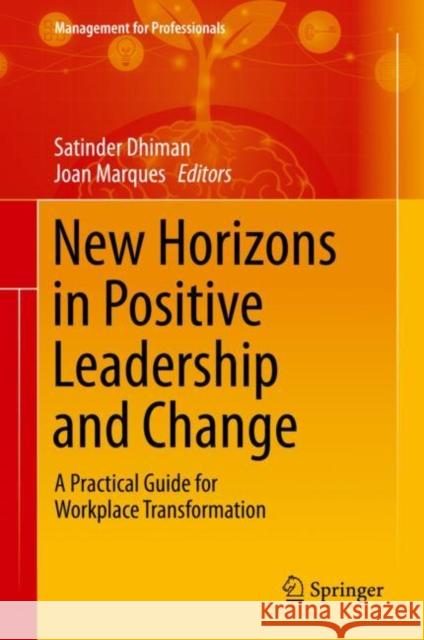New Horizons in Positive Leadership and Change: A Practical Guide for Workplace Transformation » książka
topmenu
New Horizons in Positive Leadership and Change: A Practical Guide for Workplace Transformation
ISBN-13: 9783030381288 / Angielski / Twarda / 2020 / 425 str.
New Horizons in Positive Leadership and Change: A Practical Guide for Workplace Transformation
ISBN-13: 9783030381288 / Angielski / Twarda / 2020 / 425 str.
cena 644,07
(netto: 613,40 VAT: 5%)
Najniższa cena z 30 dni: 616,85
(netto: 613,40 VAT: 5%)
Najniższa cena z 30 dni: 616,85
Termin realizacji zamówienia:
ok. 16-18 dni roboczych.
ok. 16-18 dni roboczych.
Darmowa dostawa!
Kategorie:
Kategorie BISAC:
Wydawca:
Springer
Seria wydawnicza:
Język:
Angielski
ISBN-13:
9783030381288
Rok wydania:
2020
Dostępne języki:
Numer serii:
000424298
Ilość stron:
425
Waga:
0.81 kg
Wymiary:
23.39 x 15.6 x 2.54
Oprawa:
Twarda











